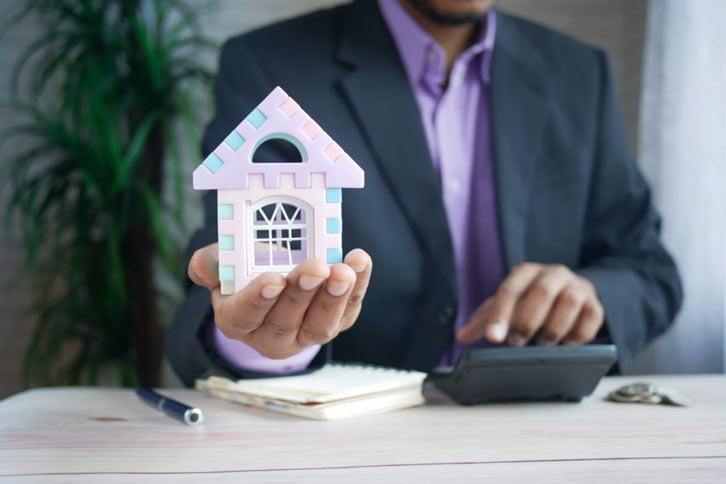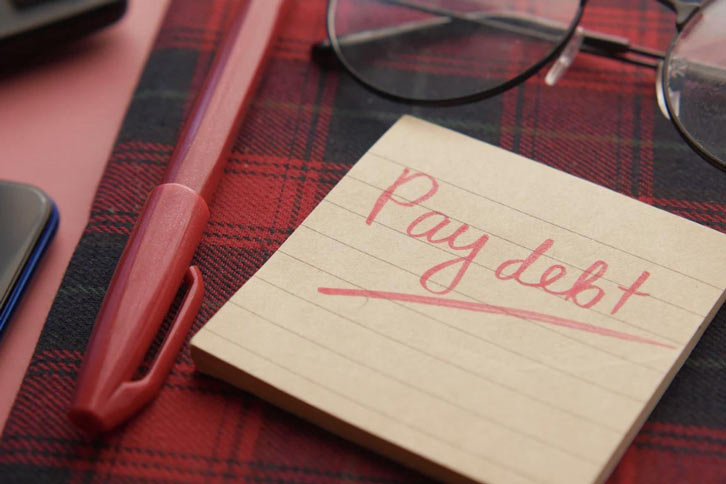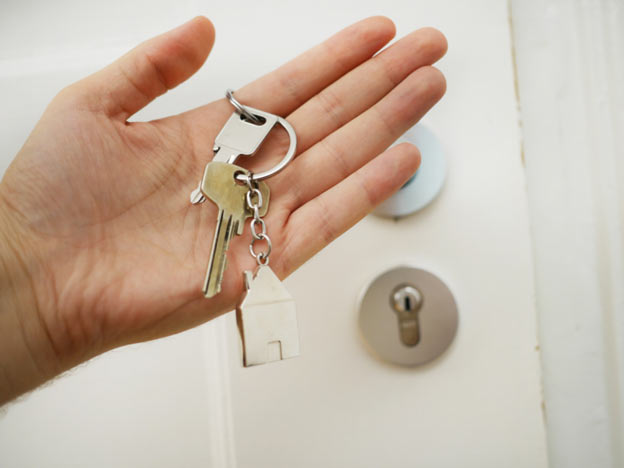Do you want to buy a foreclosed property but don't know how to go about it? Don’t worry! In this article, we will tell you everything you need to keep in mind while buying a foreclosed home and give you a detailed explanation of the process.
The article will cover the risks you need to keep in mind, what you mean by foreclosure and foreclosed property, the advantages of buying a foreclosed property, the legal aspects of it, how to buy a foreclosed home, types of foreclosures, and so much more.
This article comprises the essential tips and information you need to know about buying a foreclosed property. Continue reading to find out about it!

What are Foreclosed Properties?
When a buyer purchases a home under a loan from a bank or a lender but fails to pay back the loan amount in the mentioned time, their property will be seized by the bank/loan lender. The property is considered in foreclosure and thus called a foreclosed property.
Types of Foreclosures
Judicial Foreclosure
This type of foreclosure is quite common. Here, the lender will have to file a case at the court to start a Judicial foreclosure process if the person who borrowed the loan has failed to repay the loan even 90 days beyond their loan due date.
If the lender wins the case, the seized property will be sold to the highest bidder at a public auction.
Non-Judicial Foreclosure (Power of Sale)
Here, the borrower has agreed to this when they borrow the loan. If they fail to meet the loan deadline, the lender can have a trustee set up the property at an auction without the court's involvement. This type of foreclosure takes much less time than the previous one.
Strict Foreclosure
Only two states in the US allow this– Connecticut and Vermont. This type of foreclosure goes through a judicial process. This is not very common, and the option to do this will only be available if the outstanding loan balance is close to or exceeds the property's value.
Here, the court files a case, granting the borrower a time limit to repay the remaining loan. If the borrower fails to do so, the property title goes directly to the money lender without the process of a public auction.

Pros and Cons of Buying Foreclosed Properties
Pros
- The property could be priced at a lower rate than the original amount the owner was selling it for.
- You will be made aware of the known issues with the property, allowing you to make more informed decisions.
- The foreclosure market will have several options for you based on the price, condition, etc.
- There is a quick transfer of titles where the buyer immediately gets the title to the property if it has no pending court cases.
Cons
- You will have to take ownership of the home/property as it is, in its current condition. This may include several damages and issues within the property.
- You will have to hire a professional to determine how much it will cost you to deal with the damage done to the property once it is under your name.
- It may take a long time to agree with the seller.
- There will be uncertainty; if the seller's financial condition improves, they can back out of the market and keep the property to themselves.

How to Buy a Foreclosed Home
- Research and look for foreclosed properties listed online in your desired location.
- To show sellers that you are a serious buyer, ensure you have obtained pre-approval for a mortgage or secured financing.
- For valuable insights, work with an experienced real estate agent to ensure you go about the process correctly.
- Look for auction sales.
- Do a title search to recognize any outstanding legal issues associated with the property.
- Get a real estate lawyer to run due diligence and confirm a clear title.
- For bank-owned REOs, make an offer. If the property does not sell at an auction, work with your real estate agent and devise a competitive offer they can not refuse.
- Make sure to prepare yourself for negotiations and bargains with the sellers. If the seller accepts your offer, your real estate agent can help you work on your paperwork for purchasing.
- Schedule a closing date with the relevant third parties, and finalize and close the deal.
A Few More Things To Keep in Mind While Buying Foreclosed Homes.
You must prepare to handle all the additional repairs, especially if you buy the property for less. The property can have serious issues and damages you must take care of once you claim ownership.
Pre-decide if you want to bid on a foreclosed property at an auction or if you want to purchase an REO (Real Estate Owned) directly from the lender. Keep in mind each of them comes with its own set of unique challenges.
Brace yourself for competitors (potential buyers). They are usually professional investors looking to expand their real estate portfolio.
Take up some security measures if the property is abandoned and vacant. You must do this to prevent vandalism of the property and potential theft as this will add to your expenses.
FAQs
Q: How much will a damaged foreclosed property cost me?
A: The prices may vary from seller to seller or lender to lender. Repairing the damaged property will be additional. The repairs do not come with the purchase of the property.
Q: Which state has the most foreclosures?
A: According to the 2023 statistics, New Jersey has the highest foreclosure rates in the United States of America.
Q: What is the interest rate of a foreclosure?
A: There are different charges at different places. The interest rates can vary from 2% to 5% with additional applicable taxes.
Q: Why should you buy foreclosure?
A: Simple, it has great deals. You can invest in the property, clear the damages and issues, and use it as a rental. This will prove to be beneficial to you financially.
Conclusion
To sum it all up, we have covered every information you will need to be aware of while buying a foreclosed property. The risks, advantages, everything is in here. Stick around for more articles that revolve around the world of real estate.



